
Prime Minister Prachanda: Leading with Empathy and Purpose in Times of Crisis
Prime Minister Pushpa Kamal Dahal ‘Prachanda,’ showcased his unwavering commitment to the welfare of the people by taking prompt and proactive action in response to the recent devastating earthquake that struck Jajarkot.
Prime Minister Prachanda’s immediate response to the earthquake in Jajarkot demonstrated his commitment to the welfare of his fellow citizens. He didn’t waste any time and, together with Minister for Energy, Water Resources, and Irrigation Shakti Bahadur Basnet, visited the injured at Jajarkot hospital and met with the relatives of the victims. His presence in the earthquake-affected district, along with medical personnel and essential supplies, was a clear message that he is personally invested in evaluating the damage caused by the seismic event.
Furthermore, Prime Minister Prachanda returned to Surkhet from Jajarkot, along with seven injured people and their family members. The helicopter, which he used to fly to the earthquake-affected areas, returned to Surkhet after transporting seven individuals from Jajarkot who sustained injuries during the earthquake and their accompanying relatives.
This hands-on approach from the Prime Minister not only demonstrates his genuine concern for the welfare of the citizens but also sets an inspiring example for leadership during times of crisis. His actions illustrate that he is not only the head of the government but also a compassionate citizen who is ready to stand with his people in their times of need.

Despite his swift response, it is disheartening to note that some individuals have criticized the Prime Minister for his immediate actions. Questions have been raised about why he visited the affected areas so quickly and why he employed a helicopter for relief and rescue efforts. Such criticism overlooks the essential role of leaders in providing support and direction during disasters and highlights a concerning trend of negativity in society.
The role of a Prime Minister extends beyond making decisions from a distance. It encompasses actively engaging with the challenges faced by the nation and its people. Prime Minister Prachanda’s response serves as a reminder that leadership in times of crisis entails personal engagement, support, and the provision of comfort to those affected.
Efforts are ongoing to collect detailed information on the extent of the damage caused by the earthquake.
A dedicated team of 67 Armed Police Force (APF) personnel under the leadership of DSP Bikash Thapa has been deployed from Ashram Battalion in Jajarkot to search and rescue earthquake survivors. In addition, a team of 24 members led by Armed Police Inspector Jhakku Prasad Sharma from No. 47 Battalion in Rukum West and another team of 11, led by Sub-Inspector Bal Bahadur Thapa, have been dispatched for rescue operations.
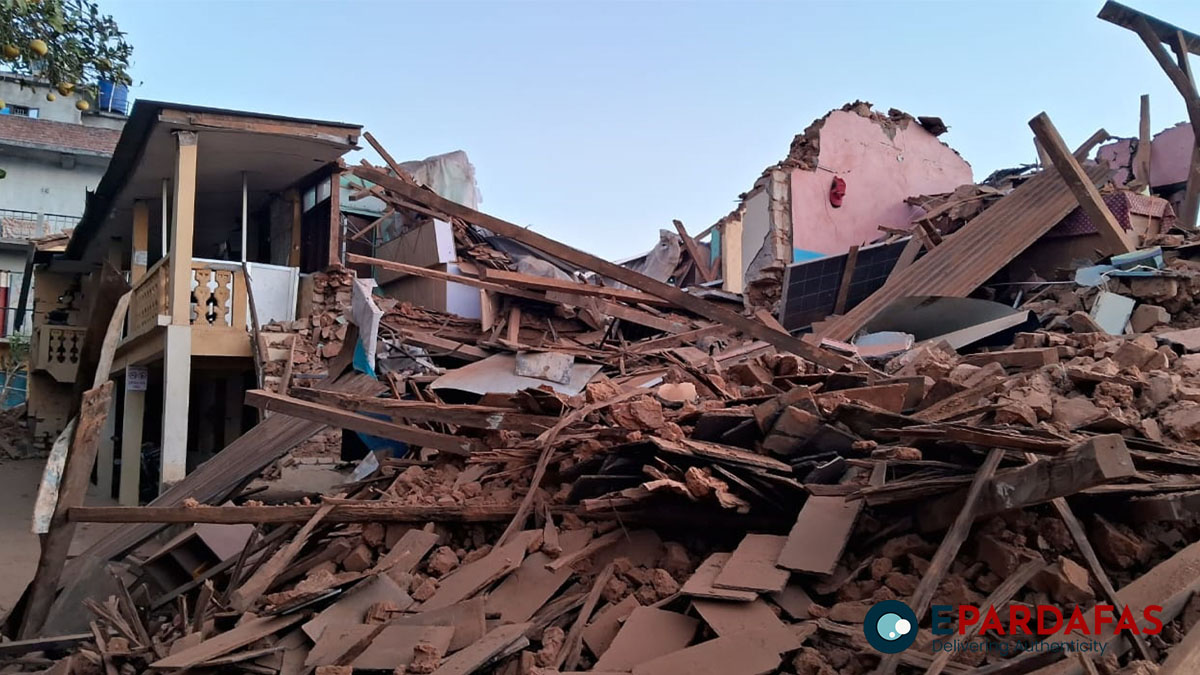
The Nepali Army has also been mobilized to assist with rescue and relief efforts in the earthquake-affected areas of Jajarkot and Rukum West. According to Krishna Prasad Bhandari, the spokesperson of the Nepali Army, their personnel are actively engaged in the region.
The earthquake, which measured 6.4 on the Richter scale, struck at 11:47 pm on Friday, with its epicenter located in Ramidanda, Barekot Rural Municipality-1 of Jajarkot.
The aftermath of this powerful earthquake has taken a tragic toll, with the number of fatalities currently standing at 154. The latest data reveals that 92 individuals lost their lives in Jajarkot, while Rukum West witnessed 62 casualties. Additionally, over 150 people have been reported as injured, underscoring the urgent need for immediate relief efforts in the affected areas.
In moments of crisis, unity and support are of paramount importance. Instead of critiquing our leaders, it is our collective duty as a society to come together and assist them in their efforts to provide relief and support to the victims. It is essential to remember that leaders, like all citizens, have the right and responsibility to stand by their people during difficult times.
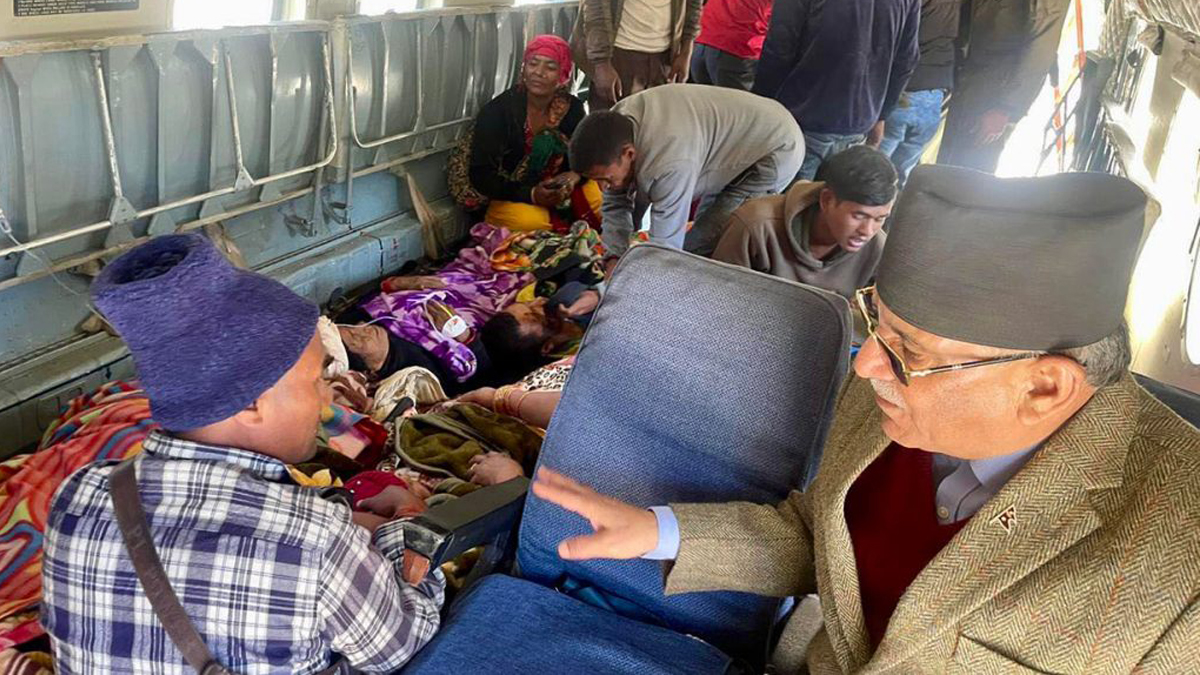

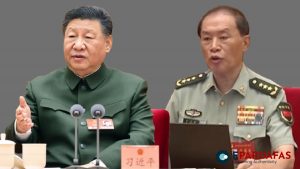
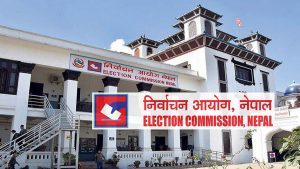
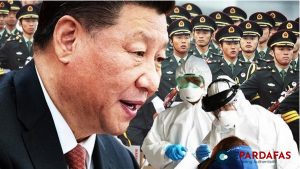
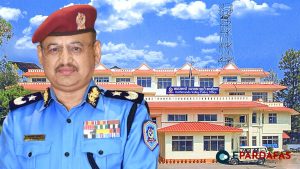



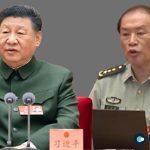



Comments